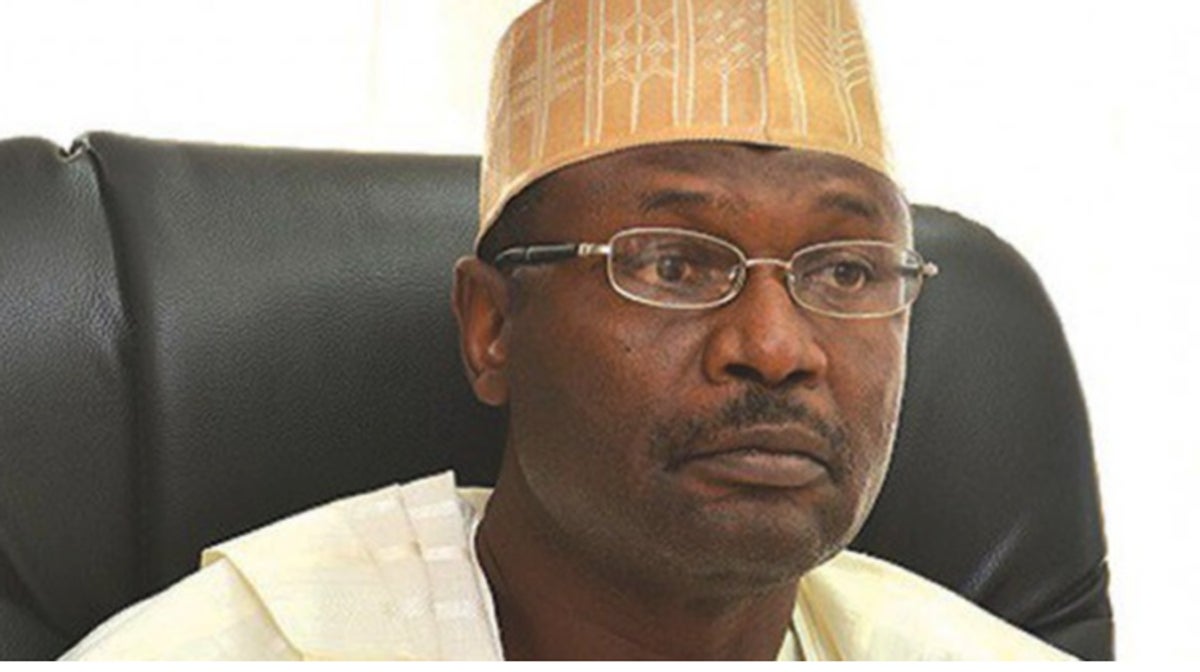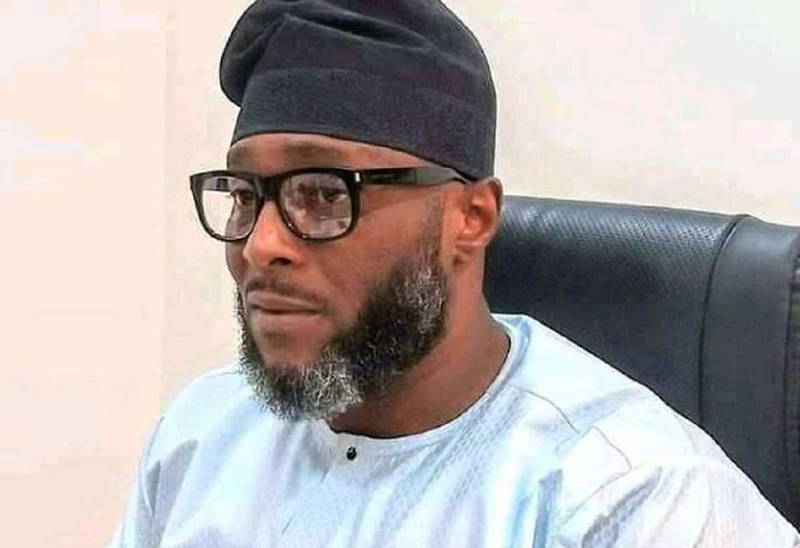The Independent National Electoral Commission will deploy 707,384 presiding officers for the general elections scheduled to commence on February 25.
The commission also said that since electoral education was important, there was a need to infuse it into the National Values Curriculum of primary schools in Nigeria.
INEC National Commissioner and Chairman of its Information and Voter Education Committee, Festus Okoye, stated these during the public presentation of the Electoral Education Curriculum and Teachers’ Guide for primary schools.
The curriculum which was developed by the Consortium for Elections and Political Process Strengthening – Sustaining Electoral Engagement for Democracy project funded by USAID and FCDO and implemented by National Democratic Institute and IFES, was in partnership with the Nigeria Educational Research and Development Council, INEC (through the Voter Education Department), National Orientation Agency, Civil Society Action Coalition on Education for All and academia from across the country.
Okoye said, “We believe that electoral education is important in the goals of our nation. Electoral education is a specialized area and that is why we have this curriculum being infused into the National Values Curriculum in our primary schools.
“For instance, for the 2023 general elections in Nigeria, the commission will deploy a total of 707, 384 presiding officers and assistant presiding officers.
“These presiding officers will be drawn from the crop of young men and women doing their National Youth Service Corps, while the assistant presiding officers will be drawn from students from federal tertiary institutions.
“It is therefore important for us to understand the importance of electoral education in the development of our democracy.
“A national civic education curriculum and teachers’ guide with a specific focus on electoral education will prepare our children for the challenges ahead and also prepare them on how to respect other people’s races and also prepare them to assume leadership in future.”
The President of IFES, Anthony Banbury, said its contribution to the project was to strengthen Nigeria’s electoral process through effective teaching and learning of civic education in primary schools.
“To catch them young, the revised curriculum is a hallmark innovation that will introduce children and youth very early to the concept, processes, ethics, and values of democratic systems and governance.
“It will be essential for the young people’s orientation to initiate a shift from the existing norms. In the long term, it will increase civic participation and knowledge of democratic systems and values, as the children of today become the adults and the voters of tomorrow,” Banbury said.
The Executive Secretary of NERDC, Prof. Ismail Junaidu, said the aim was to strengthen the fabric of the nation’s democracy for sustainable growth and development.
According to him, since the return of democracy in 1999, citizens’ participation in elections and the electoral process had remained an issue of concern.
He also said that a known reason for this was the lack of adequate electoral knowledge.
“Hence, promoting democratic electoral culture and developing civic skills are therefore necessary for well-informed and responsible participation in elections and in the electoral process,” Junaidu said.
He said that the above informed the initiative of the NERDC in collaboration with IFES to develop the Electoral Education Curriculum for primary schools in Nigeria.
According to him, the curriculum, generally, is developed to expose young learners to the rudiments of democracy and inculcate in them the knowledge, skills and attitudes necessary for active citizens’ participation in the democratic process.
“Specifically, the curriculum is designed to achieve five key objectives, which are to: equip learners with basic knowledge of the concept of democracy, the role of elections in democracy and good governance.
He said the choice of primary school learners was hinged on the core principle of using education as an instrument of socialisation for the young to assume adult roles for the good of society.
“Thus, the teaching of electoral education at this level will ensure that when children reach voting age, they would have already understood the fundamentals of active participation in the political and electoral process,” Junaidu said.
While commending the management of NERDC for the initiative, the Minister of Education, Mallam Adamu Adamu, represented by his Senior Technical Assistant, Dr Claris Ujam, said the curriculum had become a dynamic process for sustainable national development.
He said, “Every time, there are changes or developments happening around the world, the school curricula are affected.
“Therefore, the inclusion of concepts and contents of electoral education under Civic Education is in line with the drive under the Ministry’s Education for Change: A Ministerial Strategic Plan.
“This is to enable the acquisition of citizenship values and skills through quality education. The electoral education curricular contents constitute a remarkable step to create positive change in the election landscape and political development.”
The Punch

 Boss Of The Week4 days ago
Boss Of The Week4 days ago
 The Oracle5 days ago
The Oracle5 days ago
 Opinion4 days ago
Opinion4 days ago
 Middle East4 days ago
Middle East4 days ago
 Islam6 days ago
Islam6 days ago
 National4 days ago
National4 days ago
 Middle East4 days ago
Middle East4 days ago
 Headline4 days ago
Headline4 days ago














